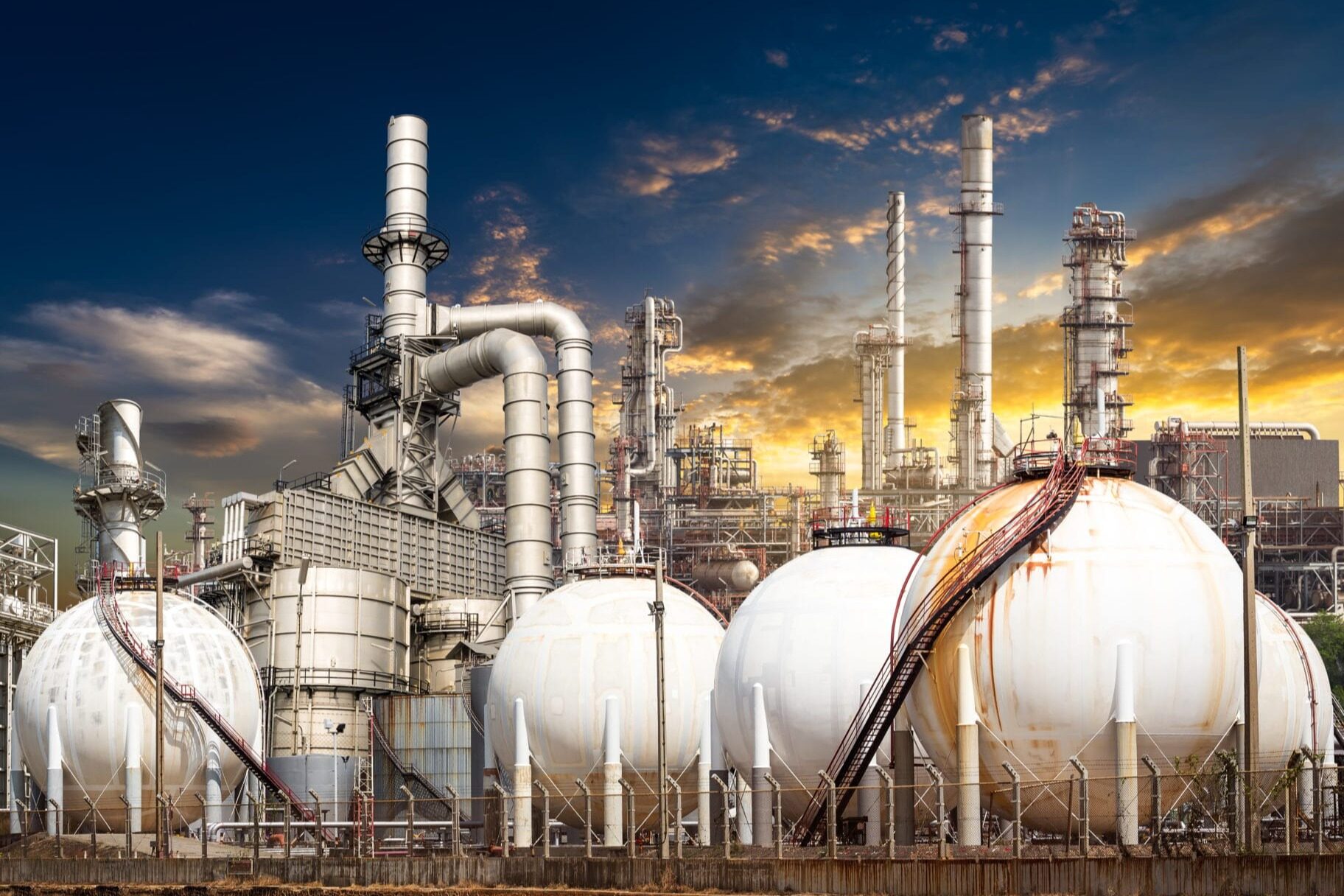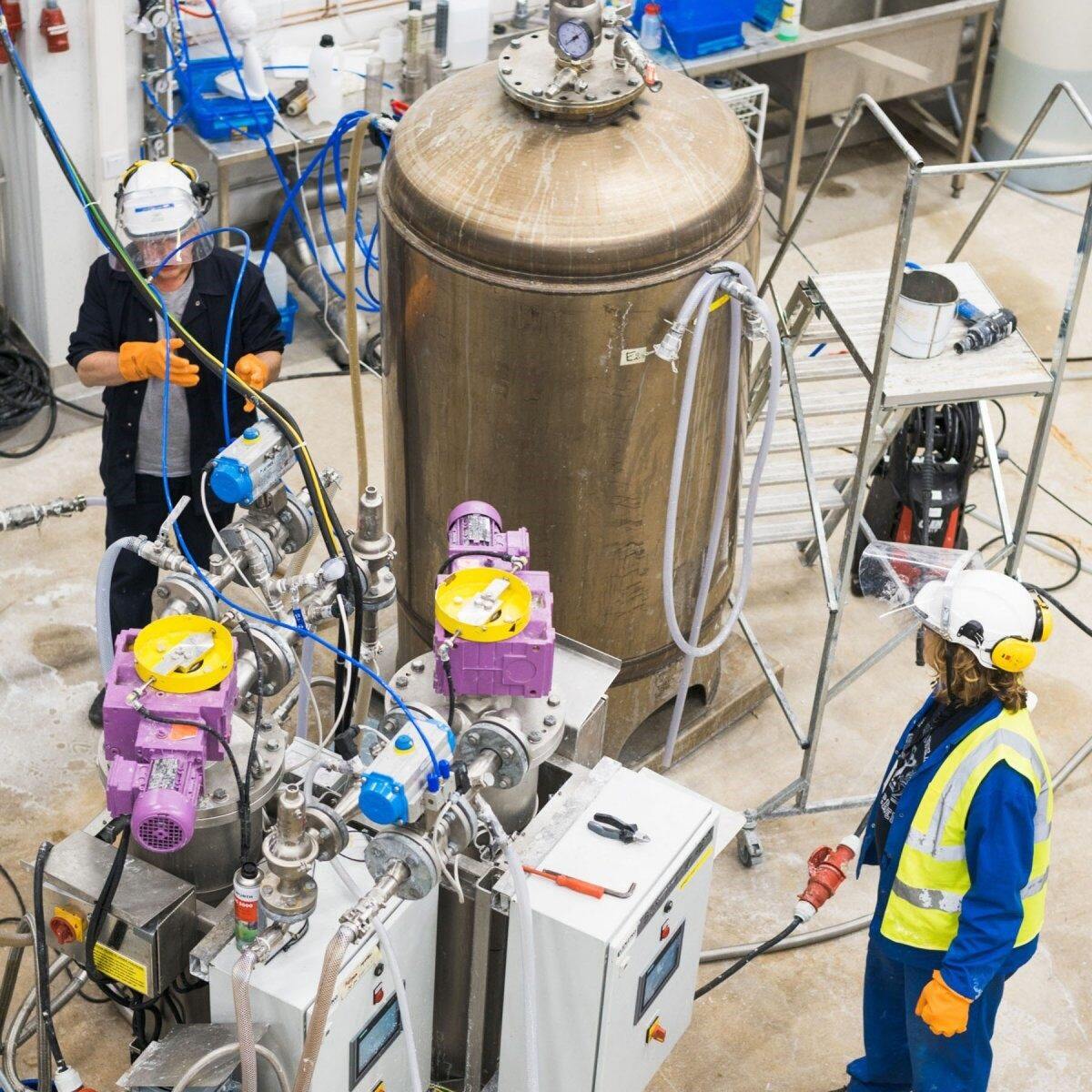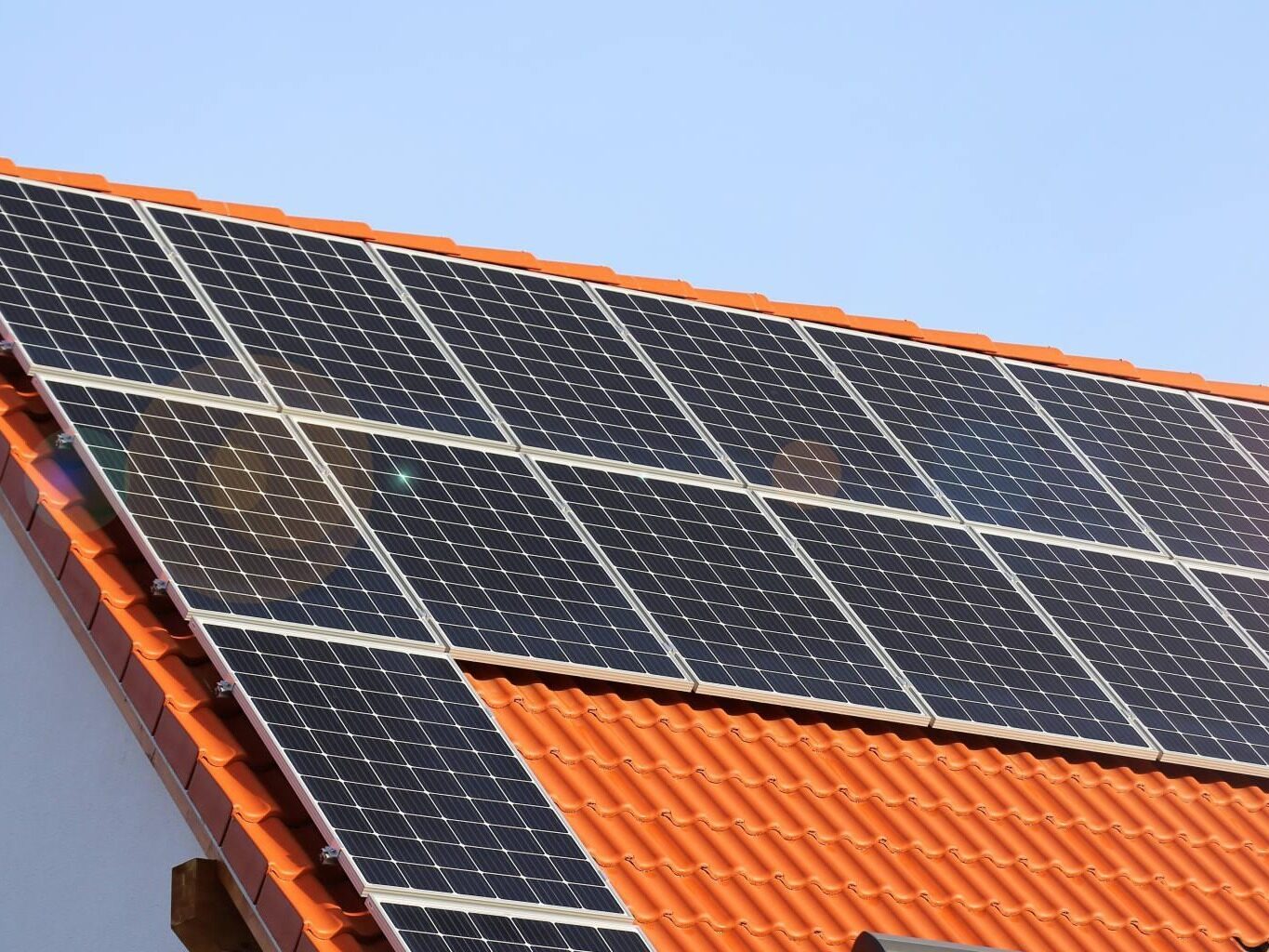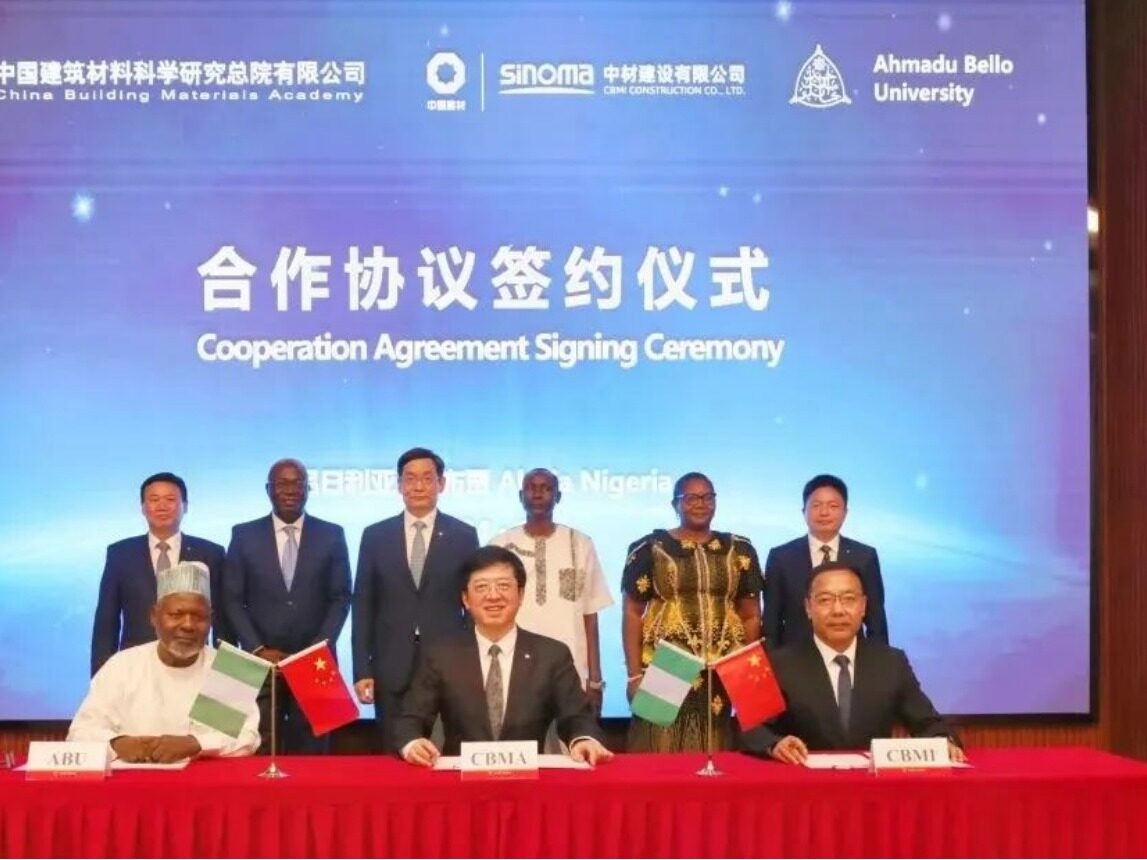- The project construction includes refining and aromatics process units, ethylene and downstream units, and related supporting facilities
- After the completion of this project, it effectively alleviates the passive situation of Indonesia's heavy dependence on imports for refined oil products

Indonesia is a major global producer and exporter of biofuels, but its gasoline market heavily relies on imports. Recently, polyester filament industry giants Tongkun Co., Ltd. and Xinfengming plan to launch an integrated project in Indonesia's North Canada refining and chemical industry, which is expected to meet Indonesia's demand for refined oil. The total investment of the project is 8.624 billion US dollars, equivalent to approximately RMB 62.409 billion.
Project Overview
The Indonesia Refining and Chemical Project is located in the North Kalimantan Industrial Park, North Kalimantan Province, Indonesia. The project covers an area of 898 hectares, including 773 hectares of refining and chemical projects and 125 hectares of photovoltaic power generation projects. The source of project funds is a total of 2.615 billion US dollars raised by the investment entity in proportion, and 6.009 billion US dollars financed by domestic and foreign banks. The project construction includes refining and aromatics process units, ethylene and downstream units, and related supporting facilities. The project scale is 16 million tons/year oil refining, the production capacity of P-Xylene is 5.2 million tons/year, and the ethylene is 0.8 million tons/year. The overall construction period is 4 years.
According to the plan, among the products of Indonesia refining and chemical projects, 4.67 million tons/year of refined oil, sulfur, etc. are digested by Indonesia's domestic market, 8.47 million tons/year of P-Xylene, acetic acid, benzene, propane, etc. are digested by China's domestic market, and 1.18 million tons/year of polyethylene FDPE, EVA, polypropylene, etc. are digested by China and ASEAN markets including Indonesia. After the completion of the project, it will help alleviate the passive situation of Indonesia's heavy dependence on imports for refined oil products.

For the launch of the Indonesian refining project, Xinfengming stated that the project is not an industrial transfer but an extension of the industrial chain, which will help build a cross-border industrial chain value chain supply chain, achieve the integrated development of the industrial chain of Tongkun Group and Xinfengming Group, and ensure the supply of raw materials for the PTA polyester industrial chain.
It is predicted that by the end of the 14th Five Year Plan period, the two groups will have an annual production capacity of more than 20 million tons of PTA and 25 million tons of polyester filament, and the annual demand for P-Xylene, the upstream bulk raw material, will reach 13 million tons. However, for a long time, the domestic supply of PX has been insufficient, with a high dependence on imports. In recent years, the price of acetic acid has also fluctuated significantly, which has constrained the development of the textile industry. The necessity of overseas layout of refining projects is becoming increasingly urgent. Through 5.2 million tons/year of P-Xylene, it will be transported back to China and used in the production bases of Tongkun Group and Xinfengming Group in Zhejiang, Jiangsu and Fujian, so as to accelerate the development of downstream PTA polyester spinning industry and enhance the development competitiveness.
At the same time, most of the equipment and materials for the refining project will be purchased from China. It is estimated that the total amount of procurement and installation of large equipment from China will exceed 40 billion yuan. Using the China Indonesia LCS mechanism, RMB can be used for settlement to avoid fluctuations in the U.S. dollar exchange rate, so that the RMB will gradually become a settlement currency in Southeast Asian countries and promote the internationalization of Internationalization of the renminbi. Overall, the launch of the Indonesian project coincides with the stabilization and recovery of the polyester filament industry.Editor/Ma Xue
Comment
 Praise
Praise
 Collect
Collect
 Comment
Comment
 Search
Search














Write something~